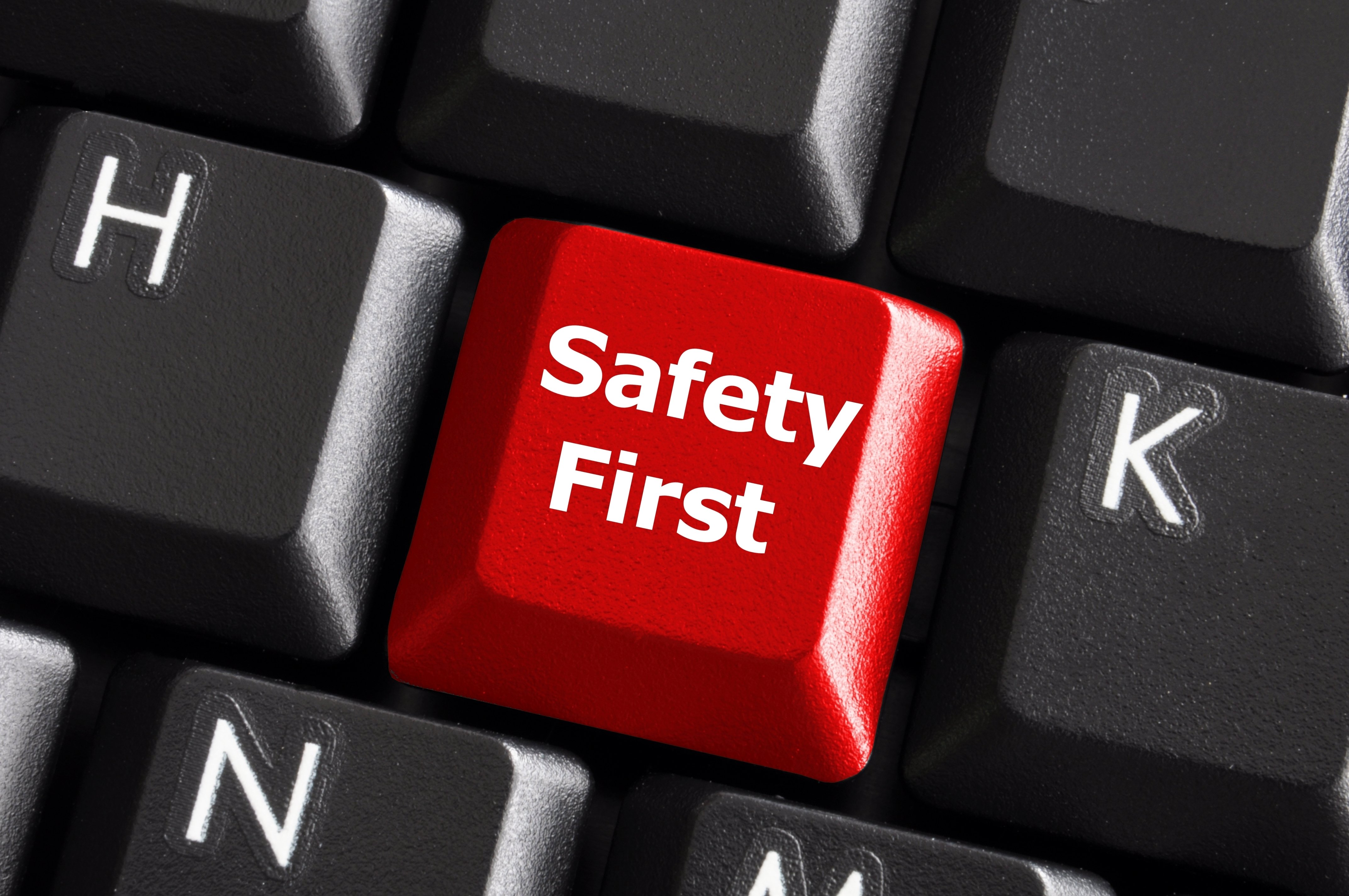
As an educational tool, the Internet offers a world of possibilities. However, it also requires that students–particularly those attending a virtual charter school–understand internet safety facts so they can stay safe while online.
Teaching students about online safety can empower them to navigate the digital world responsibly. This, in turn, allows them to grow and expand their knowledge base and communication skills without jeopardizing personal information or otherwise being subjected to online dangers.
In this article, we’ll look at the importance of internet safety, specifically for students attending a cyber charter school, and offer some crucial tips on protecting themselves while pursuing an online education.
Online Student Safety Defined
When we discuss online student safety for cyber students, what we’re really talking about is the measures and practices that can be put in place to ensure safety, security, and privacy for all students engaged in virtual learning environments.
This encompasses a range of considerations, from protecting personal information to fostering a safe online environment free of cyber-bullying, and providing students with the knowledge and skills to access the benefits of the digital world responsibly.
Whose Responsibility Is It to Teach Students About Internet Safety?
For as many educational opportunities as the internet offers students, it presents an equal number of risks they need to be aware of. Understanding these risks, and knowing how to safely avoid them, is imperative for any online learner.
In terms of who is responsible for teaching these virtual cyber skills to students, the duty is shared by all involved. At home, it’s crucial for parents to make sure they’ve discussed the risks of internet and social media usage with their children, and also to be aware of the apps and websites they’re engaging with. Educators, too, play a crucial role in promoting digital literacy and implementing safety measures that mitigate the risks and create a safe online experience. And finally, students who’ve been schooled in internet safety can help teach their peers and even prevent harmful behavior such as cyber bullying.
Internet Safety Tips for Students Attending Virtual Charter Schools
- Create Strong and Unique Passwords – A strong password will include a combination of letters, numbers, and symbols, avoid personal information, and will be unique to that specific site or app. Don’t share passwords with anyone, and be sure to change them routinely.
- Secure All Devices – Install antivirus software, update your operating system and web browsers, and use a secure wi-fi connection for any sensitive school-related activities.
- Don’t Share Personal Information – Home address, phone number, personal family and financial information should be kept private while online, even when using social media.
- Avoid Phishing Attempts – Verify any source before sharing sensitive details or clicking on a link offered in an email or digital communication.
- Practice Caution on Social Media – Don’t accept friend requests from unknown individuals, and be sure to adjust your privacy settings to control who can see posts and personal info. And be kind and respectful in your communications—every action online creates a permanent digital footprint!
- Speak Up If You See Cyber Bullying – Cyber bullying is rampant online—21% of children between 10-18 have been bullied online—and fellow students are often the first line of defense in preventing it. Speak up to a parent, teacher, or school counselor if it’s happening to you or a peer.
Other Tips on How to Stay Safe Online for Students
- Practice safe browsing
- Be careful with downloads and unknown websites
- Backup important data
- Trust your instincts
If you’d like to learn more about the benefits of attending a public cyber charter school like PA Distance Learning, where our blended learning model combines live learning experiences with asynchronous learning activities, reach out to our enrollment team today!


